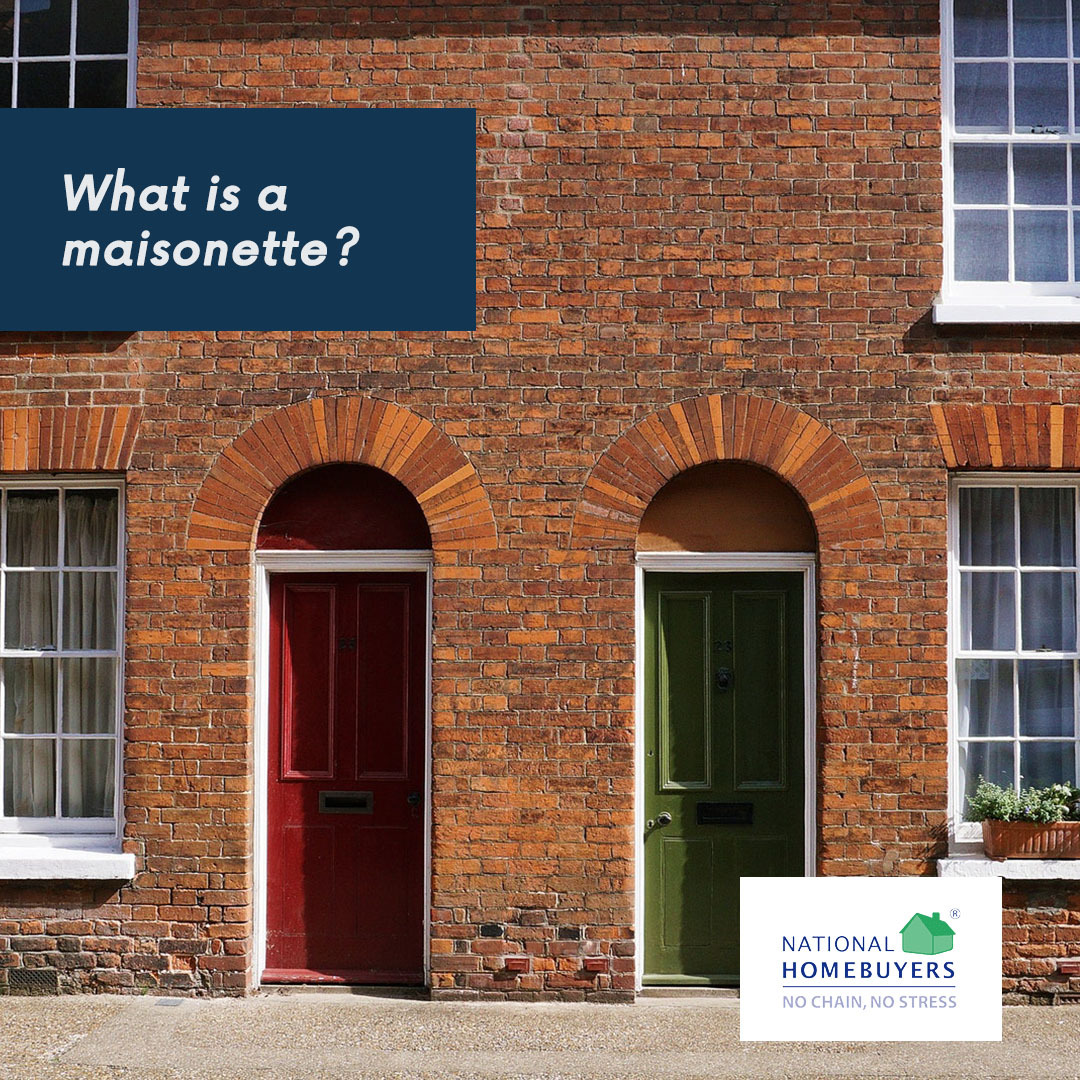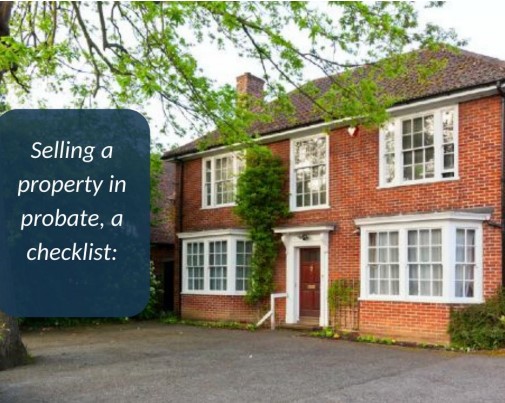What is a maisonette?
When you’re buying or selling a home, it’s easy to get tripped up by seemingly common words and phrases. Especially if the meaning is changed in different countries. So what is a maisonette? And how is it different from a house or flat?
They’re most often found in larger cities, including London. And can vary from Victorian properties to modern examples, which can be purpose built or the result of a conversion. So, what are the things you need to consider if you’re buying a maisonette as your next home?
What is a maisonette?
In the UK property market, the term maisonette refers to a self-contained two-floor flat in a larger building, with a private entrance and staircase. You’ll often find them located over shops, garages, or with other maisonettes, particularly when they were commonly introduced into suburban parts of the UK in the 1960s and 1970s.
Similar properties can also be referred to as apartments, but this will tend to refer to high-end luxury dwellings. So, you’ll tend to see apartments in expensive city centres, and maisonettes slightly further out, or in areas with high student populations.
But different countries will apply other definitions. The word maisonette comes from French and means ‘little house’. As a result, many small dwellings including holiday cottages can be classed as maisonettes.
Whereas in America, a split-level flat is often referred to as a duplex. And they’re most commonly found as the top floor penthouse within a high-rise building.
And in Scotland, a maisonette is actually one of a group of duplex flats which will be located within a housing block and accessed via a communal entrance.
What are the differences between maisonettes and flats?
The biggest key difference between a flat and a maisonette is that the first will be contained on a single level, compared to two floors in the latter. And most flats will rely on a communal main entrance and staircase.
A maisonette has a private front door, and may also include a private garden and garage. You’ll often find that they’ve been converted from a large period terraced or semi-detached property. But even with the extra space and amenities, they’re classed as more affordable living. You’ll tend to find them on offer for around 20-25% less than buying the equivalent space as separate flats or an apartment.
This means you get extra space and privacy, along with bonus storage space. Conversions tend to be more bespoke than flats, and there may be the possibility to extend an upper maisonette with a loft conversion, or a lower maisonette with an extension.
What are the differences between maisonettes and houses?
A maisonette shares many of the same advantages as buying a house, but with a lower purchase price and running costs. You get the benefits of two floors, a private entrance directly outside, and potentially a garden or garage.
But there are limitations to buying a maisonette, as it’s rare to find an example with more than two bedrooms. And while a house owner has ‘permitted development rights’ for certain types of work, potentially including loft conversions and small extensions, these won’t apply to maisonettes. So, you’ll need to apply for planning permission. If you’re not the sole freeholder for the building, you’ll also need to get their agreement for work to be done.
And while disruptive neighbours may be less of an issue than in a single-floor flat with communal spaces, they can still be an issue. Especially if you’re located above a business like a restaurant or takeaway, which could be producing smells and disruption late into the night.
Maisonettes with a shared driveway or no off-road parking can be a problem, especially in a busy residential area. And this can increase the cost of your car insurance, as well as the risk of theft or damage.
Leasehold and freehold maisonettes
The most important detail if you’re considering a maisonette is whether it’s sold as a leasehold, or as a shared or individual freehold.
If you purchase a leasehold maisonette, you’re buying ownership for a stated period of time. You’ll also be required to pay ground rent to the freeholder, and there may be a service charge for the maintenance of external areas.
A freehold includes the responsibility of maintaining the property. So, while you won’t need to pay ground rent or service charges, you will need to cover maintenance individually, or with your neighbour in the case of shared freeholds.
Normally the costs would be split equally, but upper maisonettes would typically be responsible for the roof, guttering and upper part of the structure, while the lower maisonette would look after the ground floor and foundations. If you acquire the freehold of the entire building, then you’ll receive the ground rents from any leasehold residents.
The majority of maisonettes on offer will be leaseholds, partly because the additional maintenance costs of individual freeholds will make it harder to find a mortgage lender. And it’s important to check for foundation or roof problems before investing in a freehold maisonette to avoid any costly issues in the future.
Should you buy or sell a maisonette?
The decision to buy or sell a maisonette will depend on the location and condition of the property, and your individual lifestyle. While you get more space and privacy than a flat, for much less than the cost of a house in the same area, there are some downsides.
You’ll still need to have a good relationship with your neighbours, particularly in a shared freehold. It’s important to check noise levels, as much will depend on whether the floors and walls are well insulated.
And there will always be limitations on the space available compared to a house, even if you’re able to complete a limited expansion.
But if you have your heart set on a particular area, it may be the affordable option. And if you’re a first-time buyer, the smaller space to manage might be an added incentive.
If you’re currently looking to sell a maisonette, and worried about the smaller potential number of buyers or other issues, then why not get a quick and simple cash offer?






